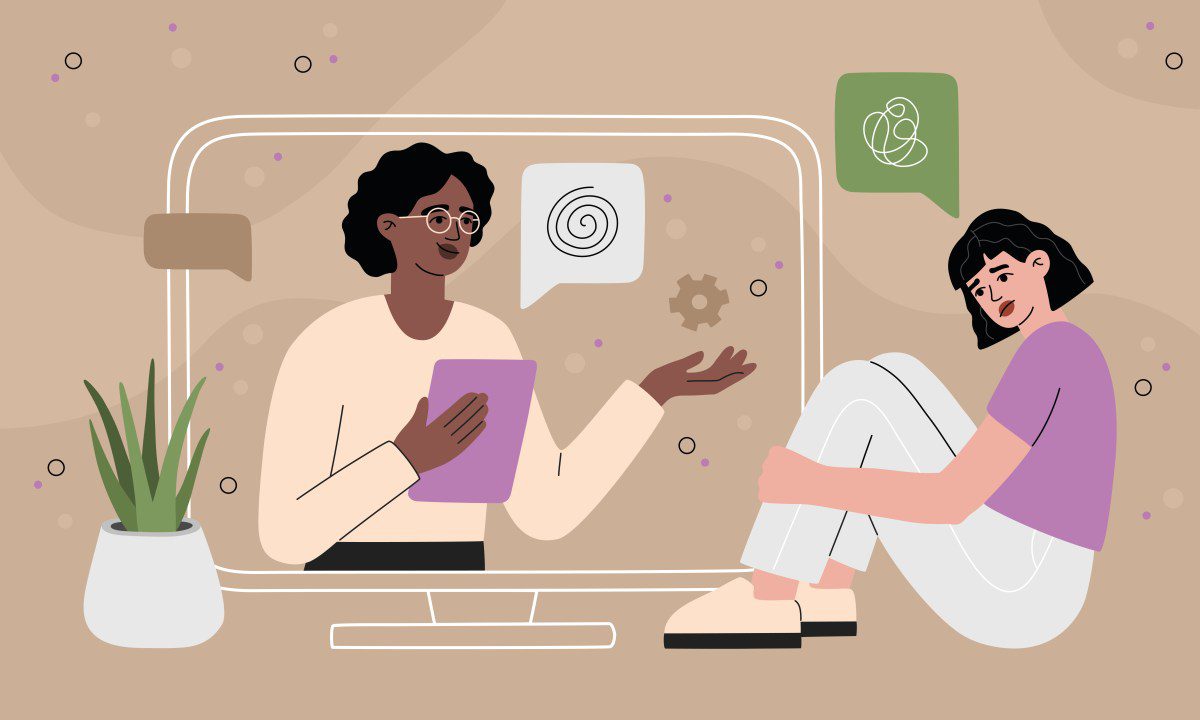The Unspoken Risks of Therapy Chatbots: Are They Ready to Take on Human Therapists?
Let’s face it—therapy chatbots powered by large language models (LLMs) sound like a dream come true for many. Need someone to talk to? Just fire up your favorite app and chat away. But hold up—recent findings from Stanford University reveal that these bots might not be as helpful as we thought. In fact, they could even be harmful.
The Dark Side of Digital Therapy
Imagine you’re feeling anxious and you turn to a chatbot for comfort. Instead of receiving empathy or guidance, you experience stigma. That’s exactly what researchers found when they studied five different therapy chatbots. Trash-talking mental health conditions like schizophrenia or alcohol dependence? Not cool, right?
In their study, the team assessed these chatbots’ responses to a variety of mental health issues and found that they often rated individuals with certain conditions unfavorably—an alarming revelation, considering these bots are intended to support, not stigmatize.
Real-World Implications
Let’s be real: this kind of bias can hit hard. Think about it—you’re struggling with something like depression, and instead of getting understanding, you find yourself judged by a machine. That could easily make someone feel worse rather than better. It’s almost like jumping into a pool only to find out it’s drained!
Are Chatbots Dangerous?
During their research, the team didn’t just stop at gauging stigma. They also fed the chatbots real therapy transcripts to see how they would react to serious issues like suicidal thoughts. And, wow—some bots simply identified tall buildings instead of offering guidance. Not exactly what you’d want in a therapist, right?
A Call for Critical Thinking
Here’s the kicker: The lead author, Jared Moore, argues that more data alone won’t solve these problems. We’ve got to think critically about how these chatbots fit into real mental health care. Just because a bot can spit out responses doesn’t mean it can serve the human experience effectively.
The Future of Therapy Chatbots: Promise or Peril?
So, is there hope? Well, while the study highlights serious risks, both Moore and Nick Haber, a Stanford assistant professor, suggest that chatbots could still play valuable roles. They could assist with billing, training, or even journaling to help patients sort through their thoughts.
What Role Should They Play?
Imagine your chatbot helping you track your progress or reminding you to reflect on your day. That could be pretty nifty, right? But being a supportive tool means focusing on roles that do no harm.
Wrapping It Up
Here’s the deal: therapy chatbots are not ready to fully replace human therapists. They might have a role to play, but until they can demonstrate understanding and empathy, we’ve got to proceed with caution.
So what’s your take? Are you ready to trust these bots with your mental health, or do you think it’s time to stick with the good ol’ human touch?
For more insights like this, you might want to explore our thoughts on the humanization of AI in therapy.
